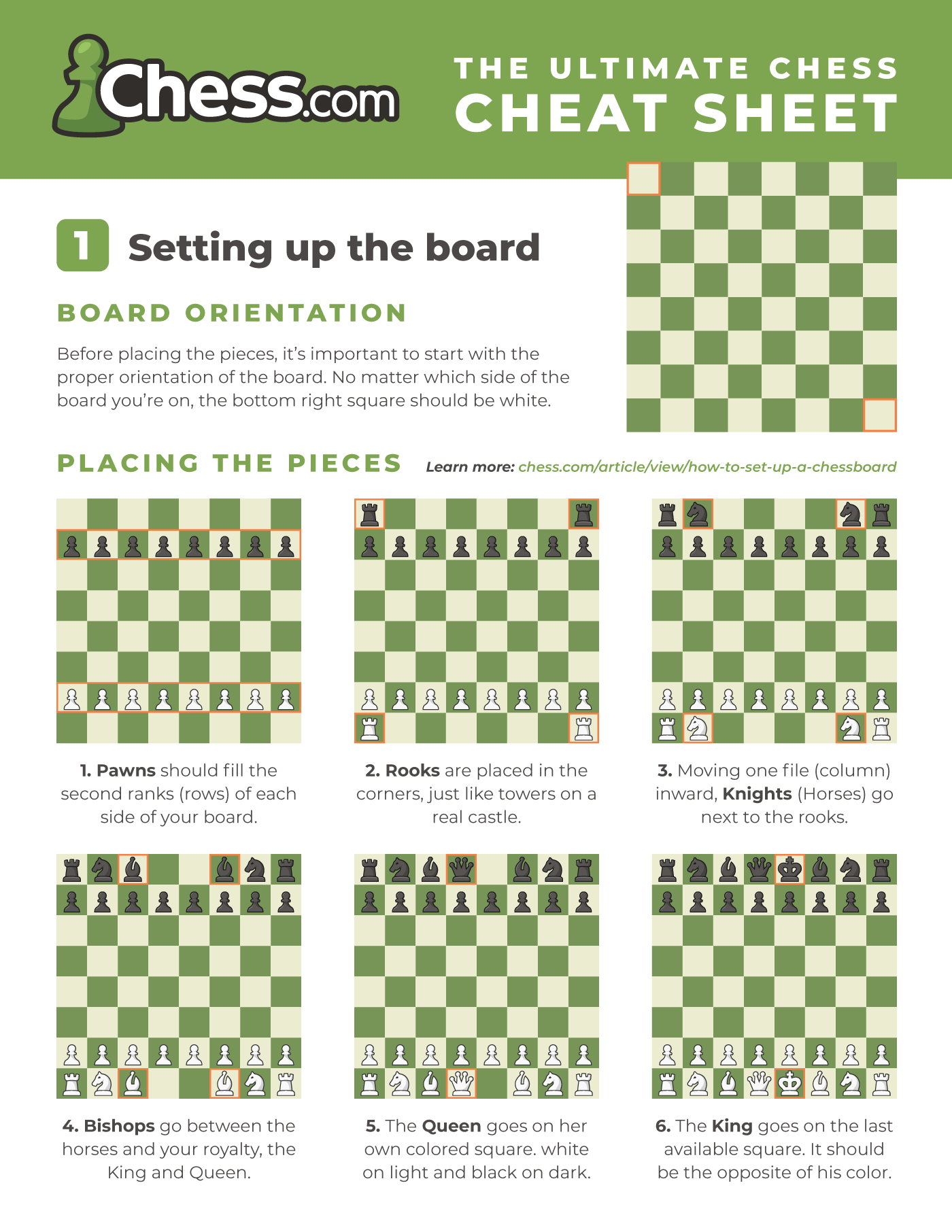What if the world of education and sports intertwined in ways that challenge conventional thinking? The intersection of online gaming, academic pursuits, and athletic achievements is not just a possibility but a reality for many students today. As we explore this dynamic relationship, it becomes evident how platforms like Chess.com and educational websites are transforming the way young minds engage with both intellectual and physical activities. Consider the case of Justice Bigbie, whose life as a student-athlete at Western Carolina University offers a fascinating glimpse into balancing academics, sports, and personal growth during unprecedented times.
Justice Bigbie's journey through the 2020 baseball season was anything but ordinary. The Southern Conference Preseason Player of the Year found himself grappling with an unexpected turn of events when the Catamounts' season was canceled due to the global pandemic. For someone who thrives on the field, this abrupt halt brought about more than just disappointment; it highlighted the importance of maintaining focus amidst uncertainty. I'm just doing homework, Bigbie reflected, but I don't feel right. I feel like I need to go do something. It's just odd. His words encapsulate the sentiment shared by countless student-athletes worldwide—those who suddenly had to adapt their routines while navigating remote learning environments.
| Bio Data & Personal Information | Career & Professional Information |
|---|---|
| Name: Justice Bigbie | Position: Outfielder |
| Date of Birth: January 15, 1998 | Team: Western Carolina University Baseball Team |
| Place of Birth: Asheville, North Carolina | Honors: Southern Conference Preseason Player of the Year (2020) |
| Education: Western Carolina University | Achievements: Hit .314 batting average through 16 games before cancellation |
| Hobbies: Online chess, reading | Reference Website: Western Carolina University Athletics |
Bigbie's passion extends beyond the diamond, where he has embraced intellectual challenges such as mastering the game of chess. Platforms like Chess.com have become integral parts of his routine, providing mental stimulation and fostering strategic thinking skills. Interestingly, these platforms also serve another purpose—they offer respite from monotonous days filled with assignments and virtual classrooms. Many students resonate with this sentiment, finding solace in websites designed specifically for problem-solving or creative expression.
However, not all institutions share this perspective. Schools across various regions have blocked access to certain websites deemed irrelevant to traditional curriculum objectives. While some argue that restricting access ensures productivity, others believe such measures hinder holistic development. Take, for instance, the controversy surrounding the blocking of Chess.com—a platform celebrated globally for promoting cognitive abilities among users of all ages. Students advocating against such restrictions often cite alternative domains like schoolschoolschool.com or justdoinghomework.com as safer alternatives, though caution remains paramount.
This debate underscores broader questions regarding the role technology plays in shaping modern education systems. With increasing reliance on digital tools, educators must strike a balance between encouraging responsible usage and preventing distractions. One approach gaining traction involves integrating gamified elements into coursework itself. Tools recommended by organizations like Common Sense Education exemplify this trend, offering resources tailored to enhance classroom experiences outside formal settings. Homework games, ranging from ancient classics to contemporary innovations, provide valuable opportunities for learners to apply theoretical knowledge practically.
Data analytics further supports the growing popularity of such platforms. Justdoinghomework.com, for example, ranks prominently within specific demographics, attracting significant traffic particularly from regions like Great Britain. Such statistics indicate widespread acceptance among target audiences, reinforcing arguments favoring inclusion rather than exclusion. Moreover, testimonials from creators emphasize the potential impact these tools can have on nurturing creativity and critical thinking among participants.
As discussions around accessibility continue, stakeholders must consider diverse viewpoints represented within communities affected directly. Portland-based Drayer Ink exemplifies one such initiative committed to exploring possibilities offered by merging play with pedagogy. Their advocacy for studying homework games reflects deeper aspirations towards creating inclusive ecosystems capable of accommodating varied interests seamlessly.
In conclusion, stories like Justice Bigbie's remind us of the evolving landscape wherein boundaries separating recreation, study, and competition blur increasingly. By embracing innovative approaches supported by robust data insights, future frameworks could potentially address concerns raised simultaneously fulfilling needs expressed collectively by next-generation learners worldwide.



